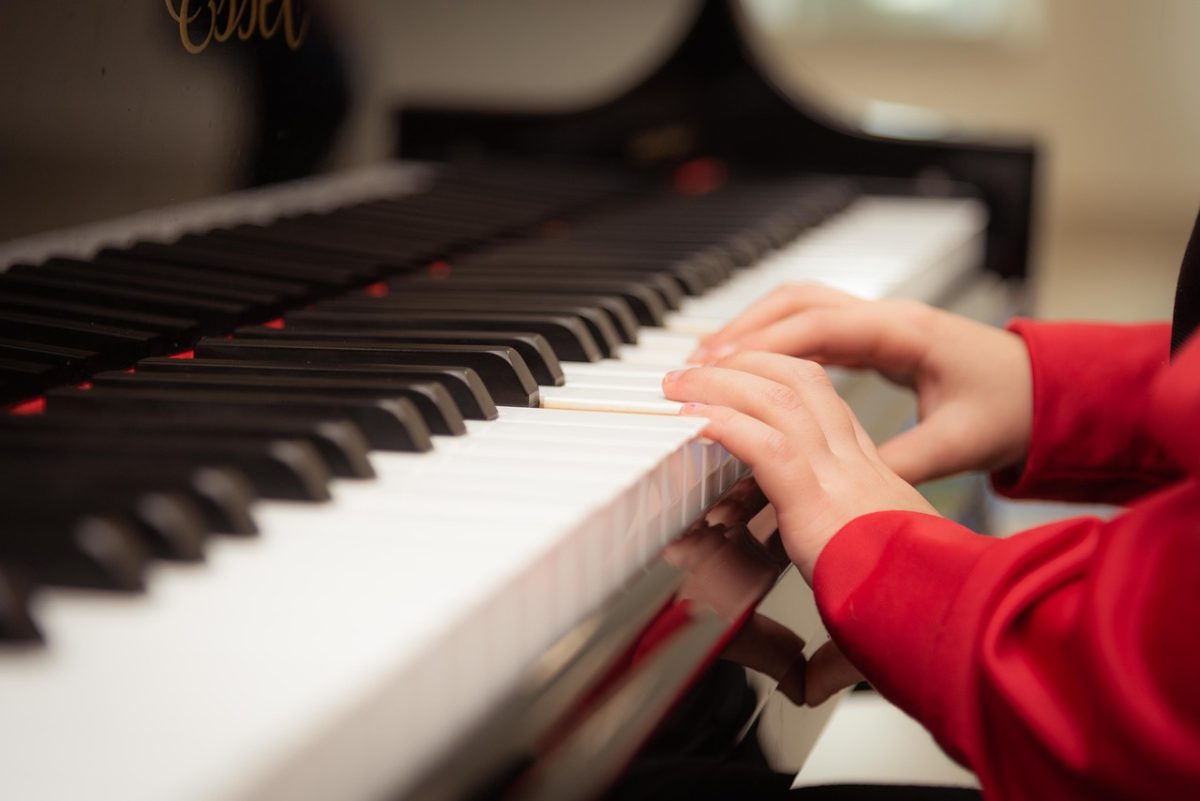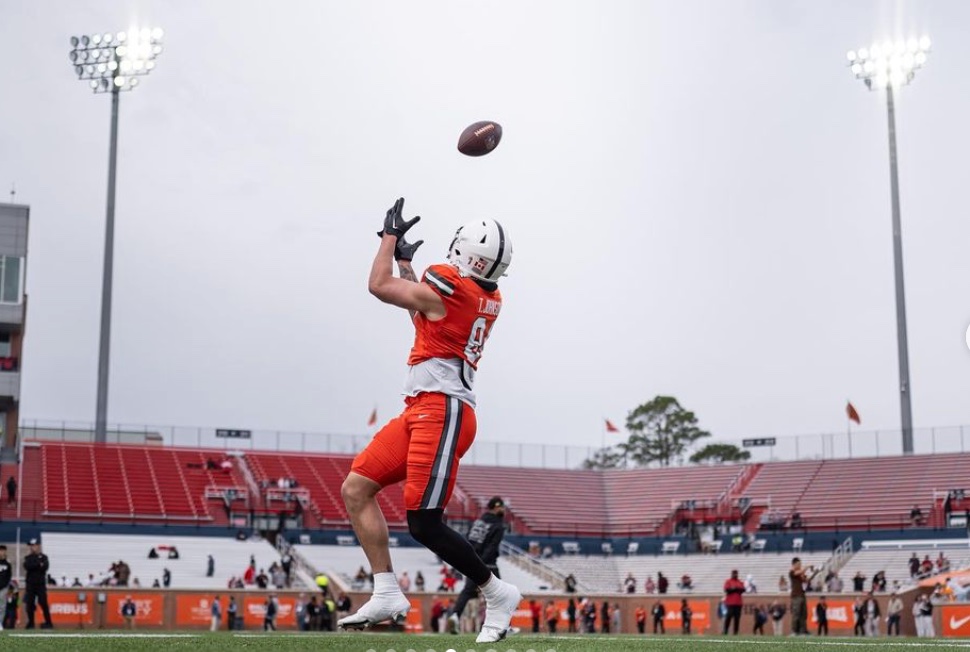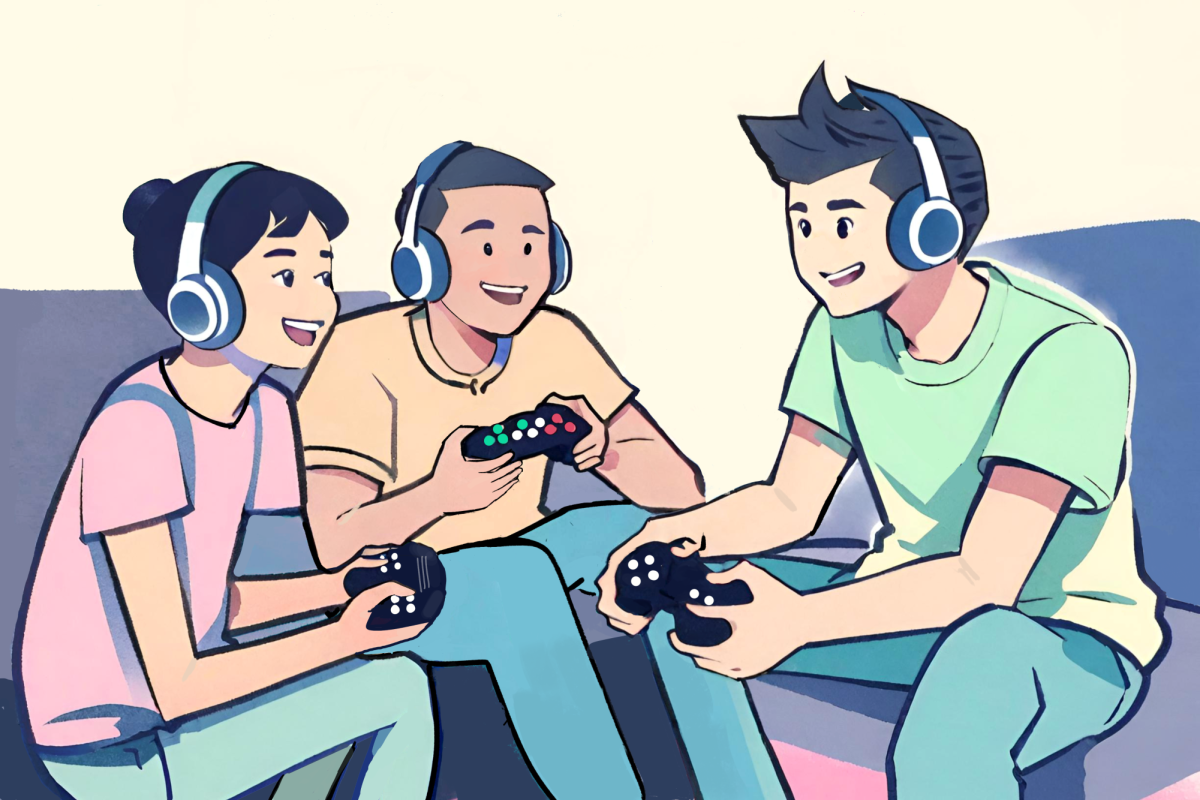“How did you sleep last night?” used to be such a simple question, usually asked out of politeness and easily brushed aside with a “fine” or “well, thank you.”
But with modern technology, the most basic actions — even sleeping — can be tracked and monitored with a level of exactness that was unimaginable until the last several years.
Americans are obsessed with knowing more about ourselves. We want to put a name and a number to how smart we are or our personality type. Now, it seems more and more people want to know the particulars of their physical habits as well. We want to know how many steps we take during the day, how many flights of stairs we climb and how much time we spend sitting. In the absence of legitimate health problems, this overload of information can be a bit troubling. However, it can also provide a new way to motivate people to work out.
Without paying any money at all, people can download apps like Sleep Cycle alarm clock on their smart phones. Sleep Cycle uses motion sensor technology on the iPhone to track the users movements during their sleep, and then uses that information to track how much time a person spent in deep sleep, light sleep and somewhere in between. Users only need to plug their iPhones into an outlet near their beds, place their phones on the bed near their pillow and turn on the app for it to be able to pick up their levels of movement throughout the night.
When I first started using this app, I was amazed. It told me exactly when I fell asleep each night, how long I spent in deep sleep and whether my alarm woke me while I was in light or deep sleep. There were a variety of graphs I could use to track my progress over time.
Besides raw information, Sleep Cycle has many practical uses. For example, if a person wants to take a nap after school without becoming more tired, they can set an alarm for a certain range of time and let Sleep Cycle wake them up when they are in light sleep. Similarly, the app can motivate people to correct bad sleeping habits by showing them just how little deep sleep they get on a daily basis.
But most of all, Sleep Cycle is simply fascinating. It’s available to everyone, and it measures something that was previously unquantifiable. Waking up and looking at my graph each morning entertains me, even if it doesn’t tell me anything particularly significant or useful.
On a larger scale, the pioneer of personal tracking is Fitbit, a clip-on device that tells users exactly how active they are every day to encourage them to work out more. Meant to be worn at all times, Fitbit tracks a person’s time sitting, standing, walking, running and climbing stairs. The little device never stops working; even while the wearer sleeps, it tracks their movement to determine their sleep cycles.
The app uploads data to a user’s account wirelessly and automatically, and also plots graphs on an online website.
Fitbit is great for anyone who has an unhealthy lifestyle, or even for those who want to find a new way to motivate themselves to improve. It can help people realize when they have a problem and show them how to fix it, and for that alone programs like Fitbit and Sleep Cycle are invaluable. Most people need quantifiable evidence that they are improving, and Fitbit and Sleep Cycle provide the raw numbers they need.
However, for those who don’t have real sleeping or exercising problems, apps like these can be potentially harmful in the long term. It isn’t healthy to obsess over minute daily actions, like how many steps we take each day, or flights of stairs we climb. So long as this rapidly expanding industry stays a tool for the unhealthy and not a common appliance, it could change the way we lose weight and understand our health problems.
As high schoolers, most of us could probably use some more sleep, and I think that using Sleep Cycle for even a month could be incredibly useful and interesting to most students at this school. But we must keep in mind that obsession over raw numbers could lead to a world where every step and action we take is over-calculated.














